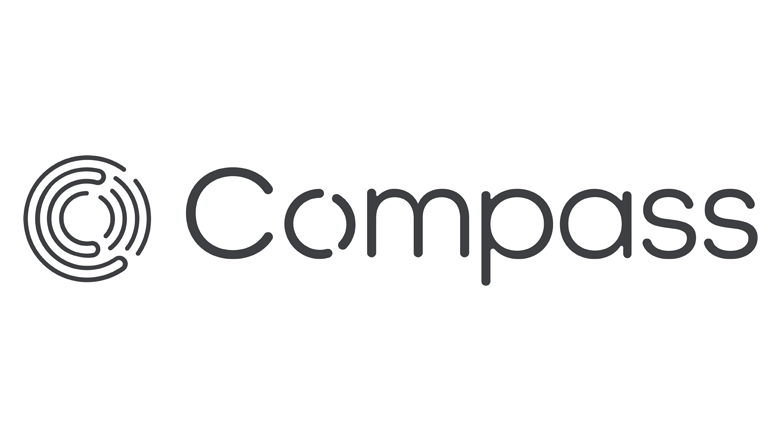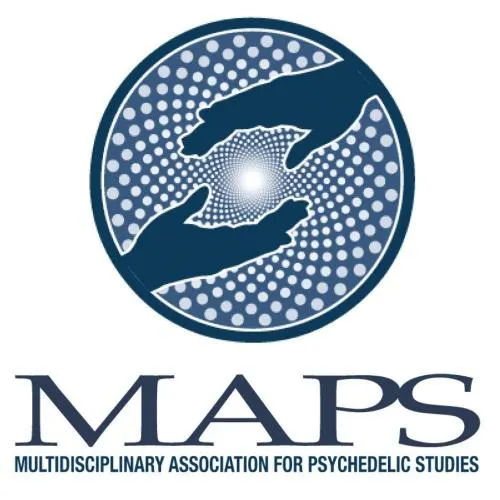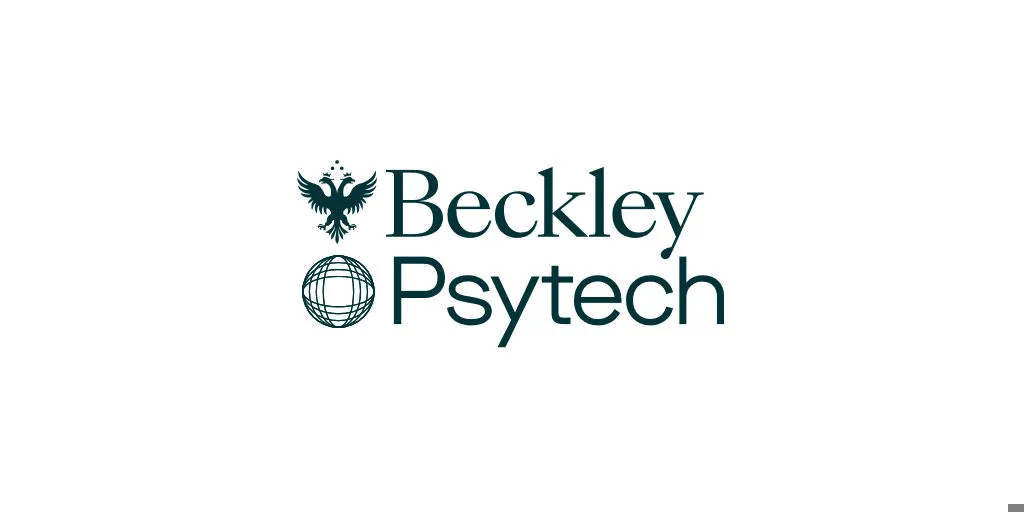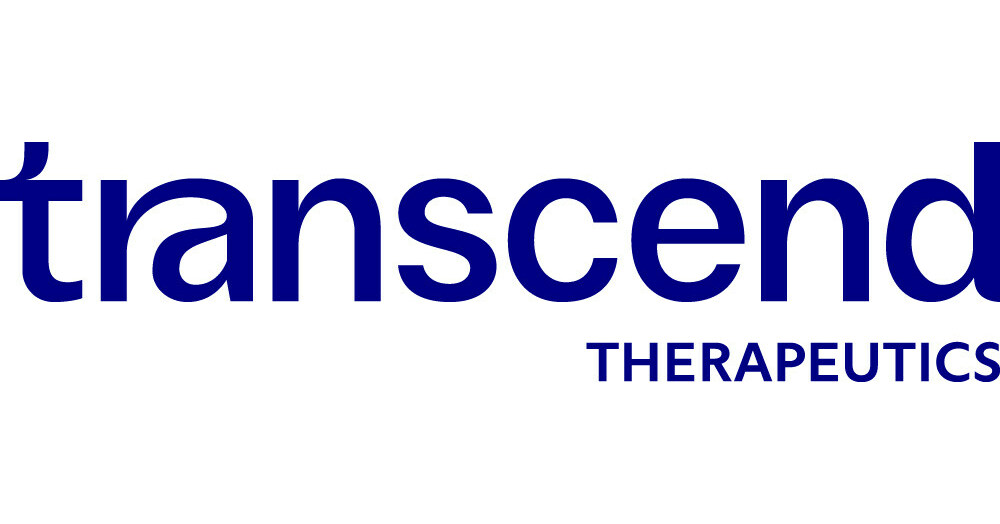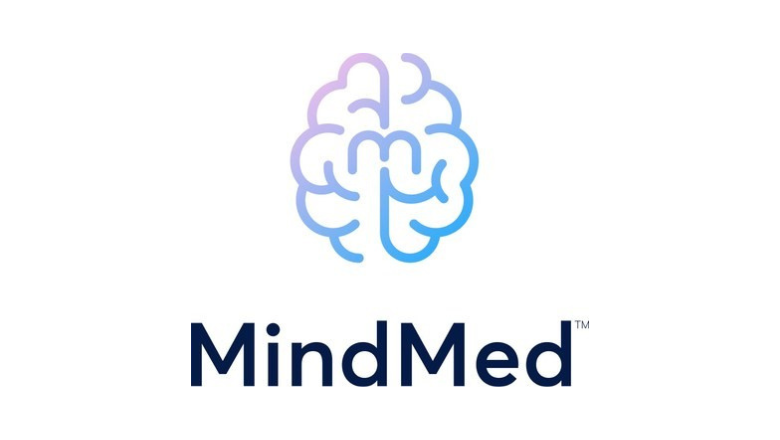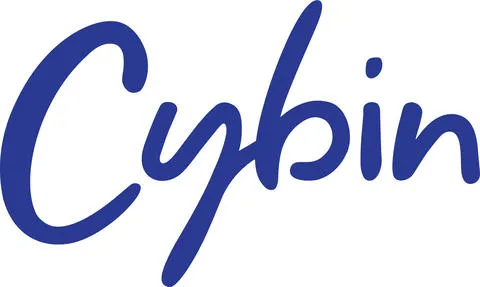The Psychoactive Trials Group at the Centre for Affective Disorders is undertaking controlled clinical trials with psychedelics and related compounds such as psilocybin, 5-MeO-DMT and MDMA. We are studying psychedelic therapies for different conditions including treatment-resistant depression and posttraumatic stress disorder. These trials are led by Dr James Rucker and Professor Allan Young.
The aim of these trials is to explore the safety and effectiveness of these therapies. In addition, we are investigating how these new approaches could be realised in healthcare systems, developing therapist training programs and training resources for wider implementation, if they are licensed.
At the Institute of Psychology, Psychiatry & Neuroscience, King’s College London, we are experts in this field. Our combination of specialist clinical teams, research infrastructure and a diverse partnership portfolio means we are well-equipped to test and develop novel therapeutics.
In 2022, together with South London and Maudsley NHS Foundation Trust and COMPASS Pathways, we launched the Centre for Mental Health Research and Innovation to accelerate psychedelic research.
The funding for our trials comes from a mixture of commercial and non-commercial funders.
If you’d like to apply for one of our ongoing trials please click on the following Project tab.



